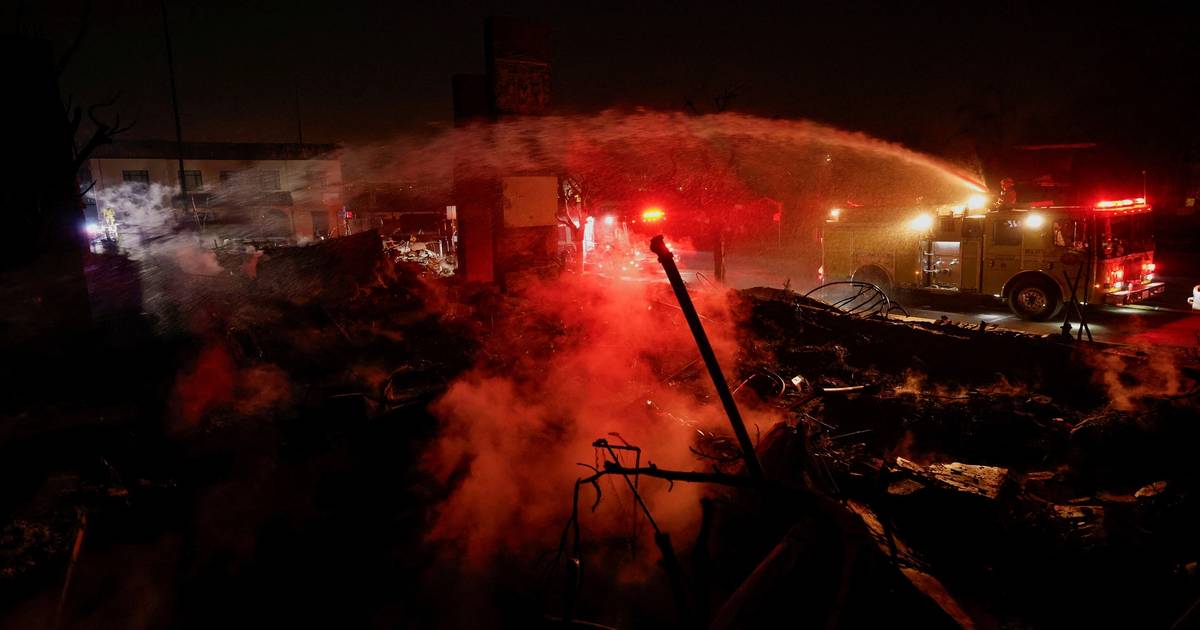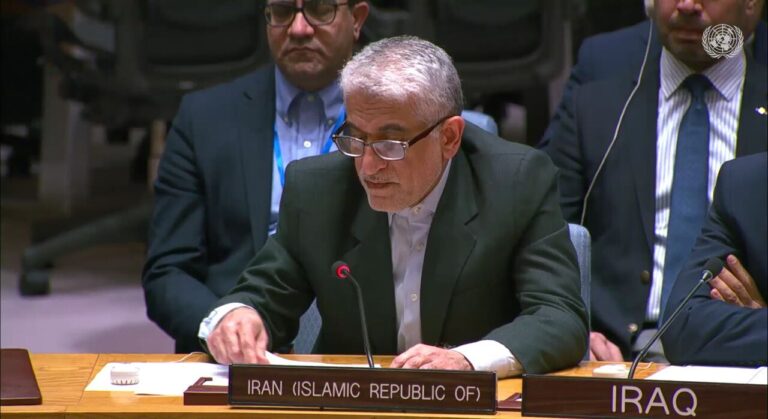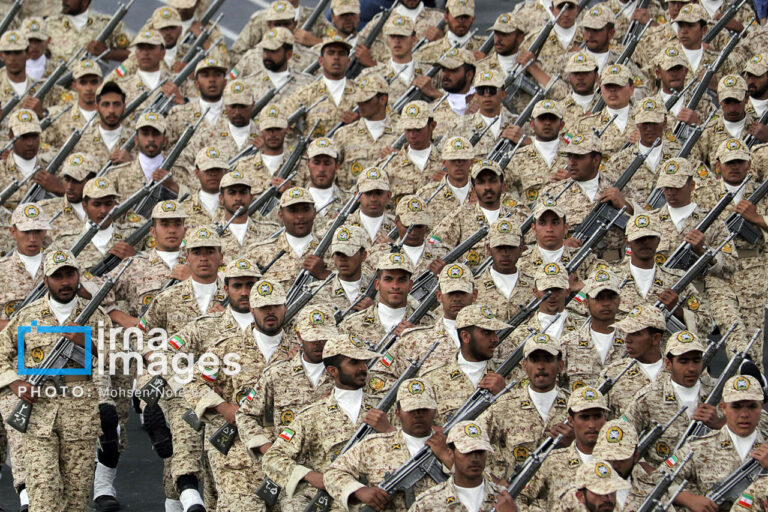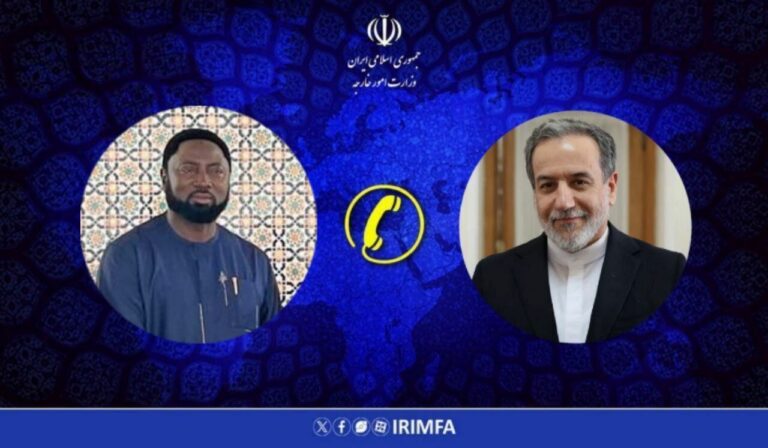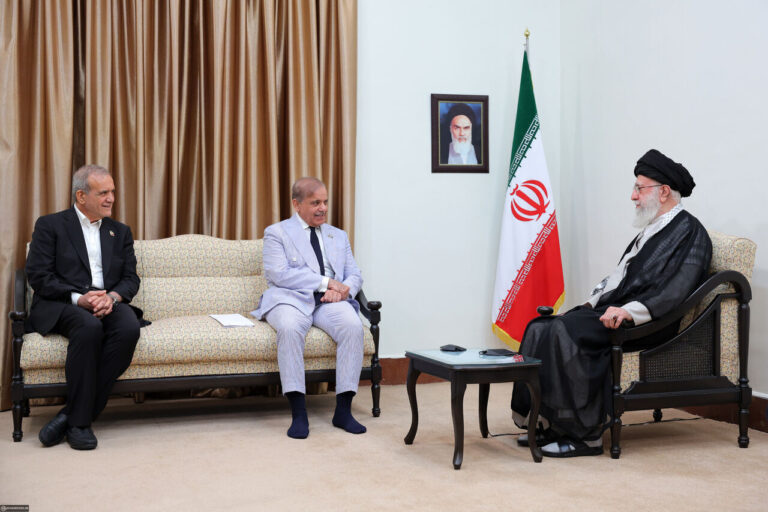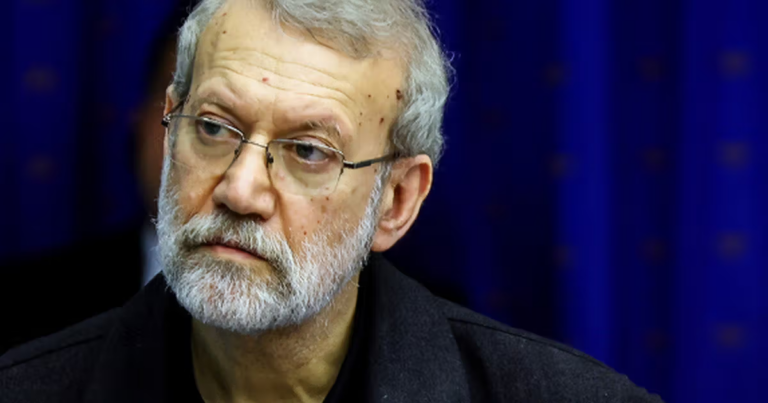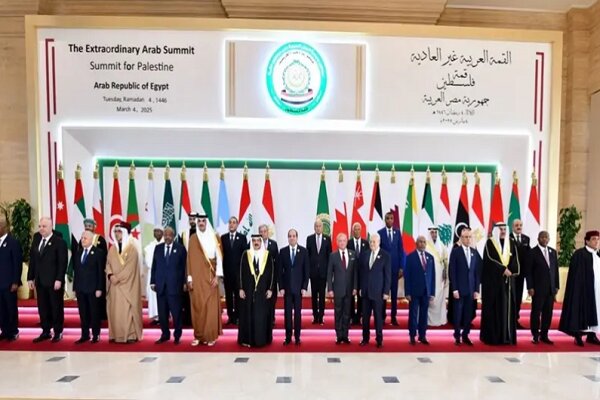California Wildfire Portrayed by Iranian Media as Divine Retribution
In recent news, Iran’s hardline media has labeled the devastating fires in Los Angeles as a manifestation of divine wrath, attributing it to the United States’ unwavering support for Israel amid the ongoing Gaza conflict. This narrative has gained traction among various Iranian outlets, illustrating the intersection of politics and natural disasters.
The Kayhan newspaper, which receives funding from Supreme Leader Ali Khamenei, prominently featured this story on its front page. The headline read that by backing Israel in Gaza, the US has “created apocalyptic scenes,” suggesting that “the cries of the oppressed children of Gaza and the Palestinian mothers have caught up with America, imposing a similar situation on the state of California and the city of Los Angeles.”
Another publication, the Jam-e Jam newspaper, echoed these sentiments with its headline “Fire-Angeles.” This piece referenced former President Donald Trump’s warning that the Middle East could descend into chaos if Israeli hostages were not released before his inauguration, framing the Los Angeles fires as “America’s hell.”
Furthermore, a representative of Iran’s Supreme Leader, Ali Khamenei, labeled the California fires as “God’s revenge against the leaders of America” for their alleged complicity in Israel’s actions in Gaza. Rasoul Falahati, Khamenei’s representative in Gilan province, stated, “A city the size of Gaza has burned, while all its inhabitants were American capitalists. This fire was God’s revenge against the American leaders.“
In a press conference at his Mar-a-Lago estate in Florida, President-elect Donald Trump warned that “all hell will break out in the Middle East” if Hamas does not release the hostages by Inauguration Day. His comments were reiterated multiple times, emphasizing the potential for escalated conflict.
The Arabic-language Al-Alam Network, which is part of the state media corporation Islamic Republic of Iran Broadcasting (IRIB), shared harrowing images depicting the devastation caused by the fires in Los Angeles, drawing parallels to the destruction in Gaza. Other Iranian media outlets referred to the city using terms such as “Los Angeles in hell” and “the infernal city,” criticizing what they described as “very weak” crisis management in the United States.
The Fars News Agency reported that “the infernal fire of Los Angeles is days away from being contained,” highlighting the ongoing struggles faced by firefighters and emergency responders.
On social media, former Iranian Foreign Minister Mohammad Javad Zarif tweeted about the catastrophic impact of the wildfires in California, likening it to the devastation experienced in Gaza. He expressed solidarity with those affected, stating, “Grim footage out of California is reminiscent of ravaged homes, schools, and hospitals in Gaza. It’s only human to sympathize with Californians who’ve lost everything to the wrath of nature—particularly as many there have stood with Gazans who lost everything to the savagery of Israel.”
Simultaneously, Iran has been grappling with its own energy crisis, which has led to the closure of government offices and schools across the country due to a natural gas shortage. This crisis has been ongoing since the beginning of winter, resulting in widespread gas and electricity shortages.
Since Tuesday, multiple wildfires have ravaged neighborhoods in Los Angeles County, leading to the tragic loss of at least 11 lives and damaging or destroying around 10,000 structures. As firefighters continue their efforts, the toll is expected to rise as they conduct house-to-house searches to assess the extent of the damage.
The largest wildfire, which has been wreaking havoc in parts of Los Angeles this week, changed direction on Saturday. This shift prompted new evacuation orders and added to the challenges faced by firefighters who are already stretched thin.
As the situation develops, the juxtaposition of natural disasters and political narratives continues to unfold, drawing attention from various corners of the globe. The implications of these events extend beyond the immediate devastation, resonating with broader geopolitical tensions and humanitarian concerns.
